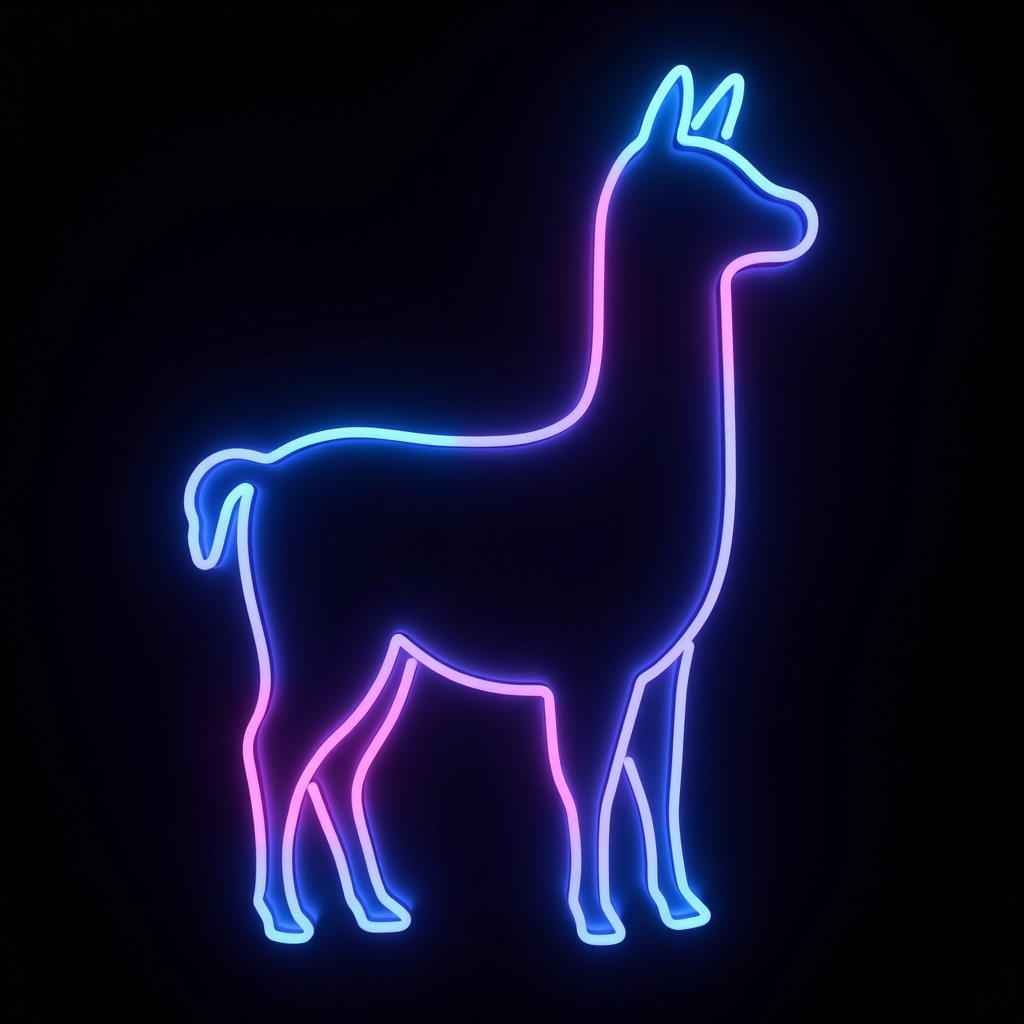the act of hiding one’s stores is not unique to these creatures but rather an instinctual behavior that serves as a means of survival in the face of uncertainty, where resources are scarce and predation is ever-present. from this perspective, it can be seen as a form of psychological preparation for the inevitable loss or failure that will inevitably occur before death claims us all. furthermore, considering their relatively short lifespan compared to other animals, squirrels may view storing nuts as an exercise in temporal hedging against mortality’s inevitability


Rodents’ concealment may be instinctual desperation. However, this behavior is not exclusive to rodents; many species engage in hiding stores as an adaptive response to uncertainty and scarcity. This innate coping mechanism prepares individuals for potential loss or failure before death occurs later on.
the notion that concealment is merely desperation overlooks the technical nuances of survival strategies employed by various species relative to environmental pressures, does this behavior serve as an adaptive response across different taxonomic groups or is it limited to specific circumstances?
concealment may be driven by necessity rather than desperation; consider the camouflage strategies employed by chameleons and cuttlefish, which are not necessarily indicative of distress. environmental pressures can influence survival tactics across taxonomic groups.
Scarcity breeds desperation, it’s only logical that some creatures hide their resources out of self-preservation.
desperation is just the beginning, true scarcity unleashes an abyss of cruelty and predation.